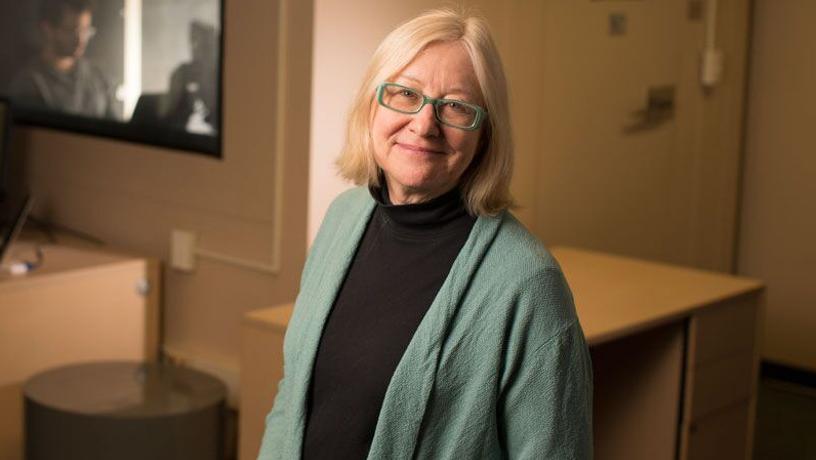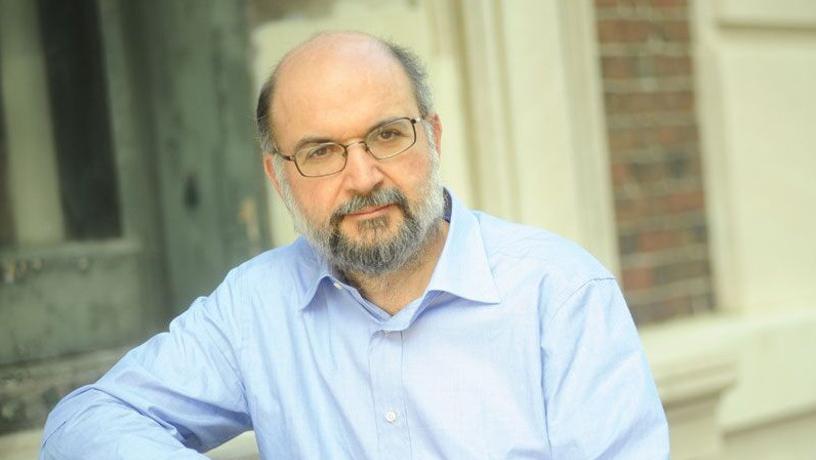Columbia Engineering Faculty Receive National Recognition

Julia Hirschberg Elected to the
American Academy of Arts and Sciences
Julia Hirschberg, the Hudson Professor of Computer Science, has been elected to the American Academy of Arts and Sciences for her contributions to computer science. One of the oldest learned societies in the United States, each year the Academy honors leaders from the academic, business, and government sectors who address critical challenges facing our global society.
“Julia Hirschberg has been a pioneer and leader in the field of computational linguistics as well as the field of computer science more broadly,” said Mary Boyce, Dean of Columbia Engineering.
An expert in computational linguistics, Hirschberg focuses on prosody, the relationship between intonation and discourse. Her current projects include research into emotional and deceptive speech, spoken dialogue systems, entrainment in dialogue, speech synthesis, text-to-speech synthesis in low-resource languages, and hedging behaviors.
Hirschberg is the fifth professor within the computer science department to be elected to the Academy, and the ninth across Columbia Engineering.

Mihalis Yannakakis Elected to the
National Academy of Sciences
Mihalis Yannakakis, the Hudson Professor of Computer Science, has been elected to the National Academy of Sciences for distinguished and continuing achievements in original research, one of the highest honors a scientist can receive.
Yannakakis was recognized for fundamental contributions to theoretical computer science, particularly in algorithms and computational complexity, and applications to other areas. His research studies the inherent difficulty of computational problems, and the power and limitations of methods for solving them.
“Mihalis Yannakakis, through his work during the past four decades, has changed in many ways the way we think about complexity,” said Christos Papadimitriou, a fellow Columbia Engineering professor and frequent collaborator. “He classified several problems whose complexity had been a mystery for decades, and he identified new forms and modes of complexity, crucial for understanding the difficulty of some very fundamental problems.”
